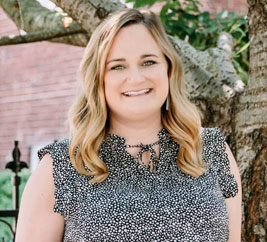This is the most common type of trust. The grantor creates it to plan for their assets and ensure everything is taken care of if they’re incapacitated.

Creating an Estate Plan With a Trust
While most people know they need a will to distribute their assets after death, far fewer understand the necessity and advantages of a trust. Trusts can be helpful tools in managing complex estates and situations where the person establishing one has particular wishes for their assets after death.
At Crow Estate Planning & Probate, our living trust attorneys aim to help our clients establish the trust they need to secure their assets, protect them, and ensure they’re distributed as planned following the grantor’s death.






 Julia Mynhier
Julia Mynhier 
 Crow Estate Planning
Crow Estate Planning 
 Kyle Shannon
Kyle Shannon 
 John Crow
John Crow